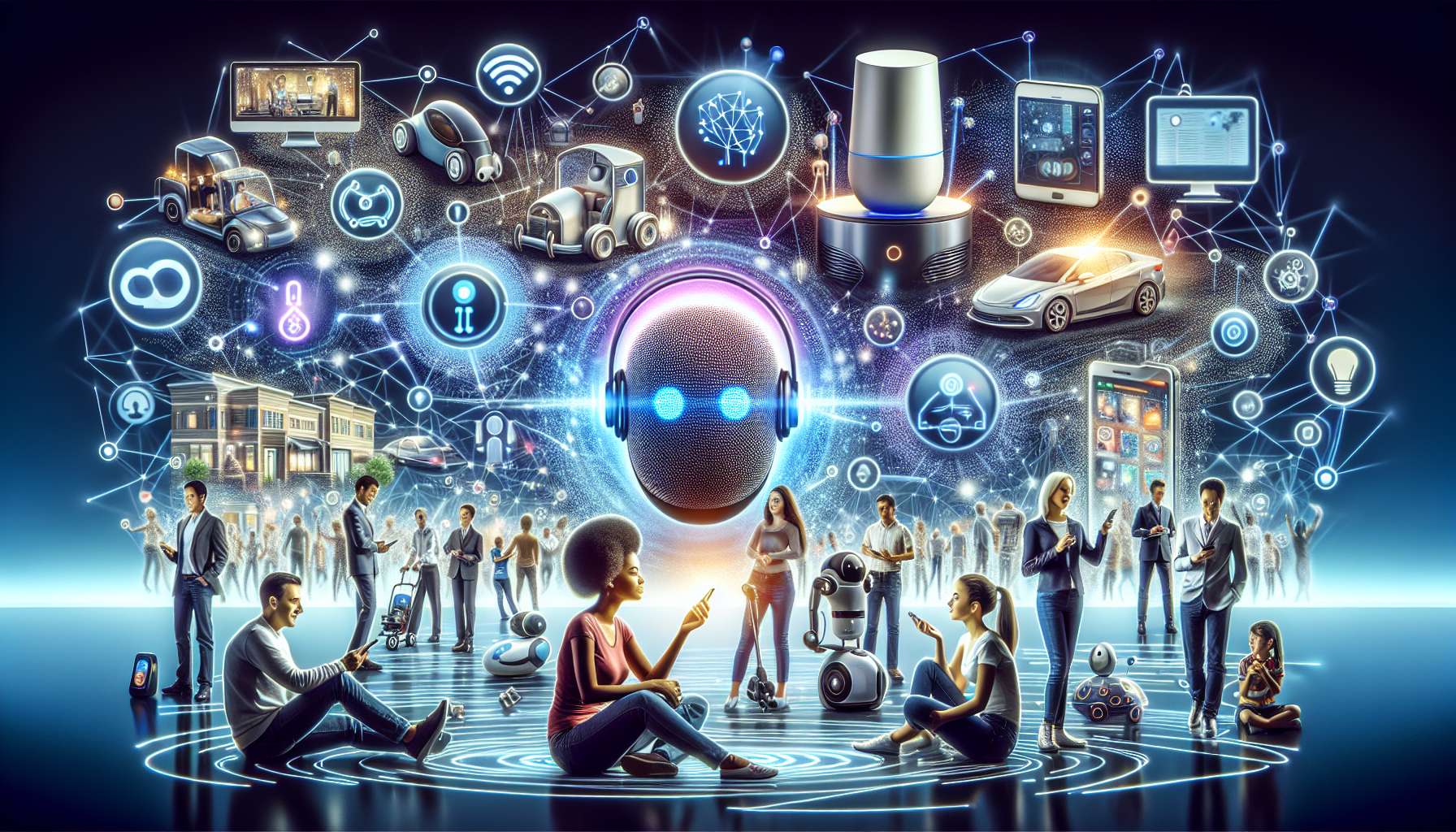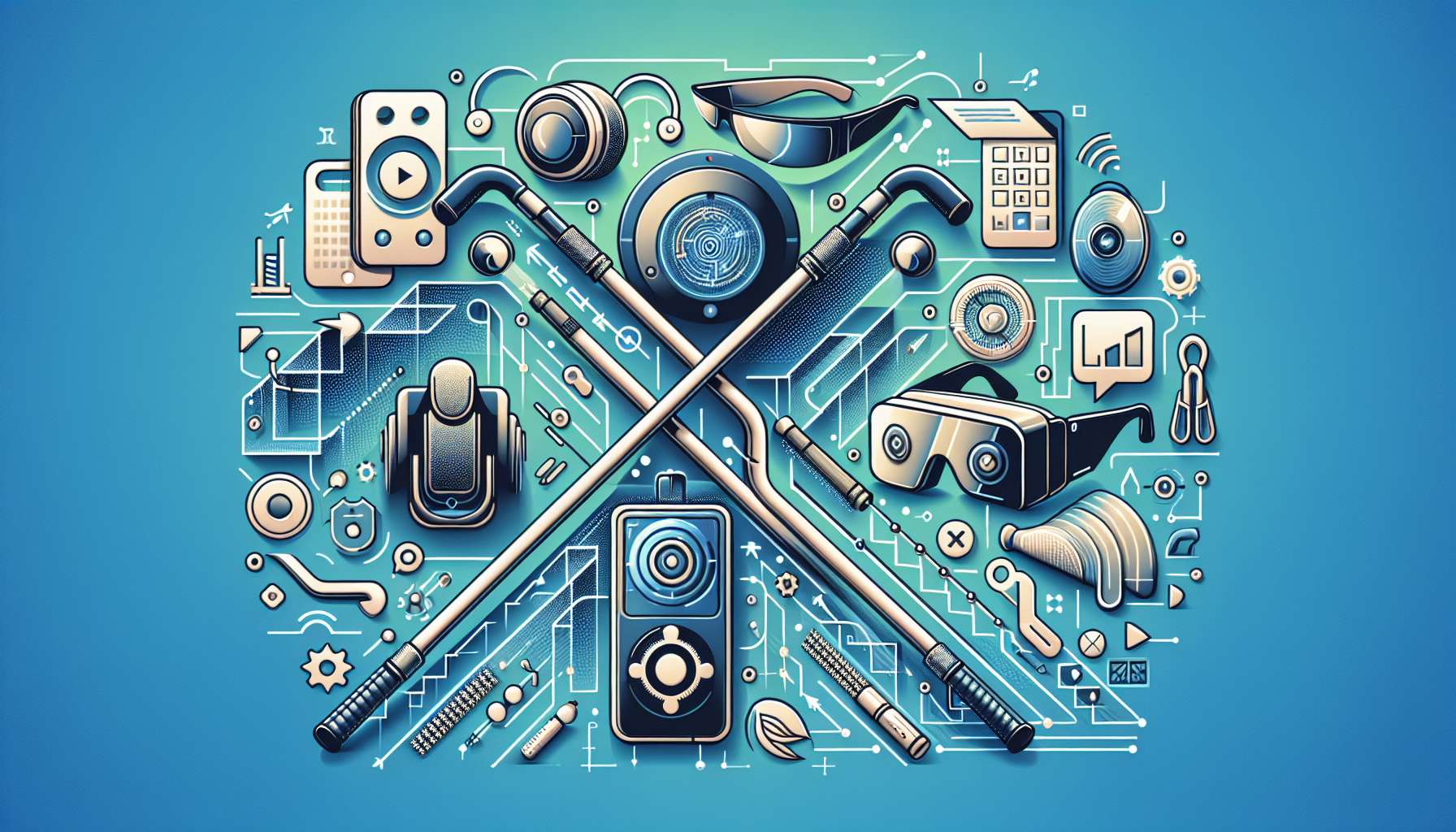AI-powered voice assistants have become an integral part of our daily lives, revolutionizing the way we interact with technology. These intelligent virtual assistants, such as Amazon’s Alexa, Apple’s Siri, Google Assistant, and Microsoft’s Cortana, are designed to understand natural language commands and perform tasks for users.
One of the key benefits of AI-powered voice assistants is their ability to simplify tasks and provide convenience. Users can simply speak commands to their devices to set reminders, send messages, play music, control smart home devices, and more. This hands-free interaction has made it easier for people to multitask and stay organized in their busy lives.
Moreover, AI-powered voice assistants are constantly learning and improving through machine learning algorithms. They can personalize responses based on user preferences and behavior, providing a more tailored experience. As users interact more with these assistants, they become more adept at understanding individual voices and accents, making the user experience even smoother.
In addition to enhancing daily tasks, AI-powered voice assistants are also being integrated into various industries, such as healthcare, customer service, and education. In healthcare, voice assistants can help doctors access patient information quickly and accurately, improving the efficiency of medical care. In customer service, these assistants can handle basic inquiries and provide support, freeing up human agents to focus on more complex issues. In education, voice assistants can assist students with homework, provide language translation services, and offer personalized learning experiences.
Despite the many benefits of AI-powered voice assistants, there are also concerns about privacy and security. Since these assistants are always listening for commands, there is a risk of unintentional data collection and potential breaches of sensitive information. It is crucial for companies to prioritize user privacy and implement robust security measures to protect user data.
Overall, AI-powered voice assistants have the potential to transform daily life by providing convenience, personalization, and efficiency. As the technology continues to advance, we can expect to see even more innovative applications that will further enhance our interactions with AI assistants.








